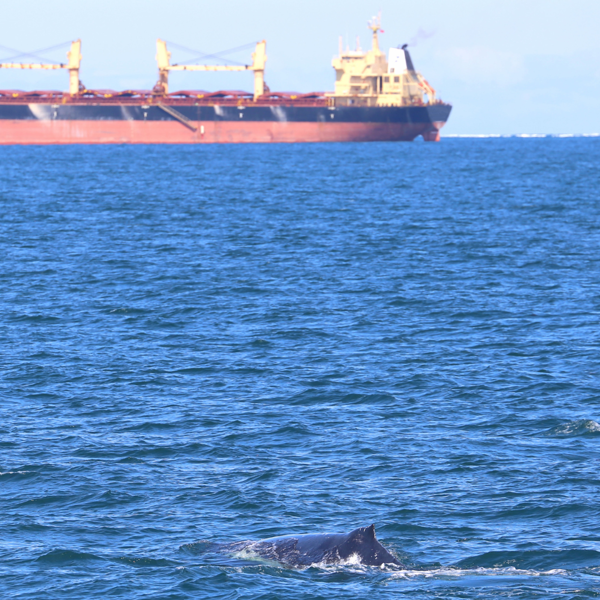Mary Ntamark, Technical Adviser Environmental Sustainability at the International Marine Contractors Association, a Chartered Environmental Scientist, introduces IMCA’s new publication ‘Informative Guidance on Estimating Supply Chain Scope 3 Emissions’ (IMCA ES004)
Like all IMCA Guidance this new document has been produced by members for members. It has been a stimulating 20 months working with IMCA’s Supply Chain Work Group (part of the Environmental Sustainability Committee) on production of this 45-page informative guidance.
We produced it aware that the business landscape is experiencing pressure from external and internal stakeholders on managing and reporting Greenhouse Gas (GHG) emissions generated from their businesses. Investors are increasing their attention on companies’ GHG emissions and are seeking assurance that companies are managing climate-related risks effectively, as part of their environmental, social, and governance (ESG) criteria.
Clients are increasingly prioritising sustainability and demanding proof of comprehensive carbon management practices from their contractors to align with their own corporate social responsibility goals.
IMCA ES004 has one clear aim, to provide informative guidance to members on industry resources for Scope 3 GHG emission accounting, allowing them to develop their own methods suited to their organisation and legal requirements. It does not provide detailed methods to be compliant with any specific regulations and is not mandatory.
The objective of the document is to assist IMCA members in the accounting of Scope 3 emissions following the international standards (e.g. GHG Protocol). It is structured around four key sections:
· an overview of the main Scope 3 categories that are significant to the industry
· the methodology to account for Scope 3 emissions including relevant assumptions and boundaries setting
· informative guidance on setting and managing reduction targets
· key references in offshore industry-related Scope 3 emission sources.
It also contains an invaluable glossary of terms and list of abbreviations both aimed at demystification, useful figures and tables, and information published on IMCA’s members’ sustainability reports.
As some 60% of IMCA members are contractors, it was decided to develop this guideline considering the Engineering, Procurement, Construction and Installation (EPCI) contractor perspective. Additionally, also, considering the large number of vendors with which these actors often interact and the relevance of vendors within their businesses. Vendor engagement is an essential part of environmental sustainability strategies and decarbonisation roadmaps of organisations and will be key to improving the measurements of Scope 3 emissions to reach reduction targets.
The growing need for marine contracting organisations to account for Scope 3 emissions stems from increasing pressure from multiple stakeholders, including regulatory bodies, clients, and investors. Regulatory agencies worldwide are tightening environmental standards and demanding greater transparency in carbon reporting, compelling companies to assess their entire supply chain's environmental impact.
Lastly, internal stakeholders, such as employees and management, recognise the importance of sustainability in enhancing corporate reputation and ensuring long-term business viability. Consequently, marine contracting organisations should consider accounting for Scope 3 emissions to meet these diverse expectations, remain competitive, and contribute to global efforts to mitigate climate change.
As with all IMCA guidance we look forward to feedback.


